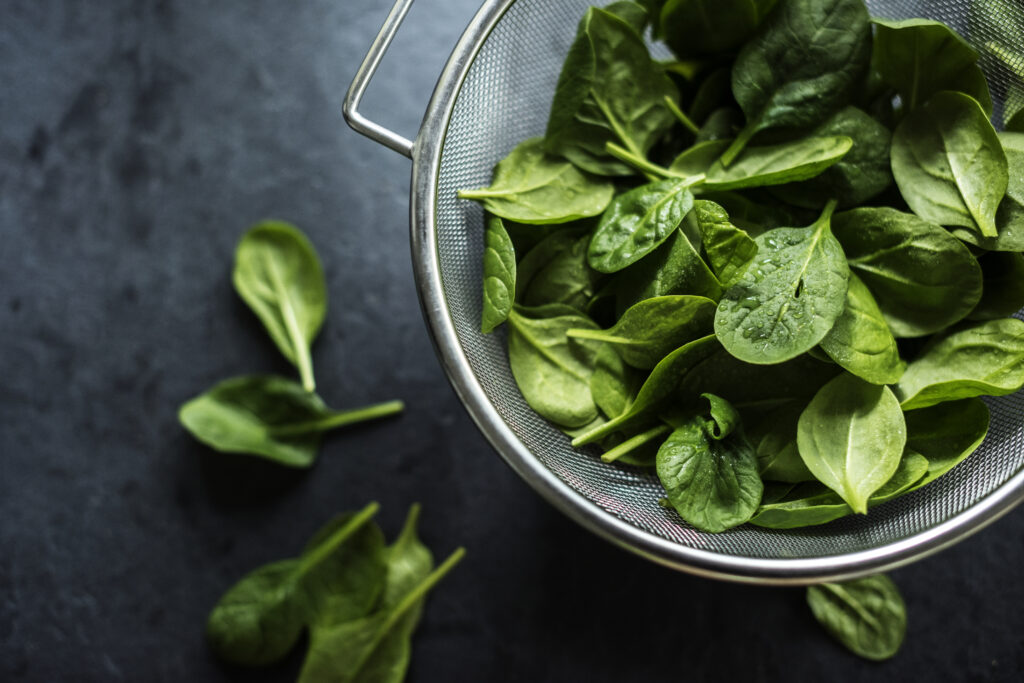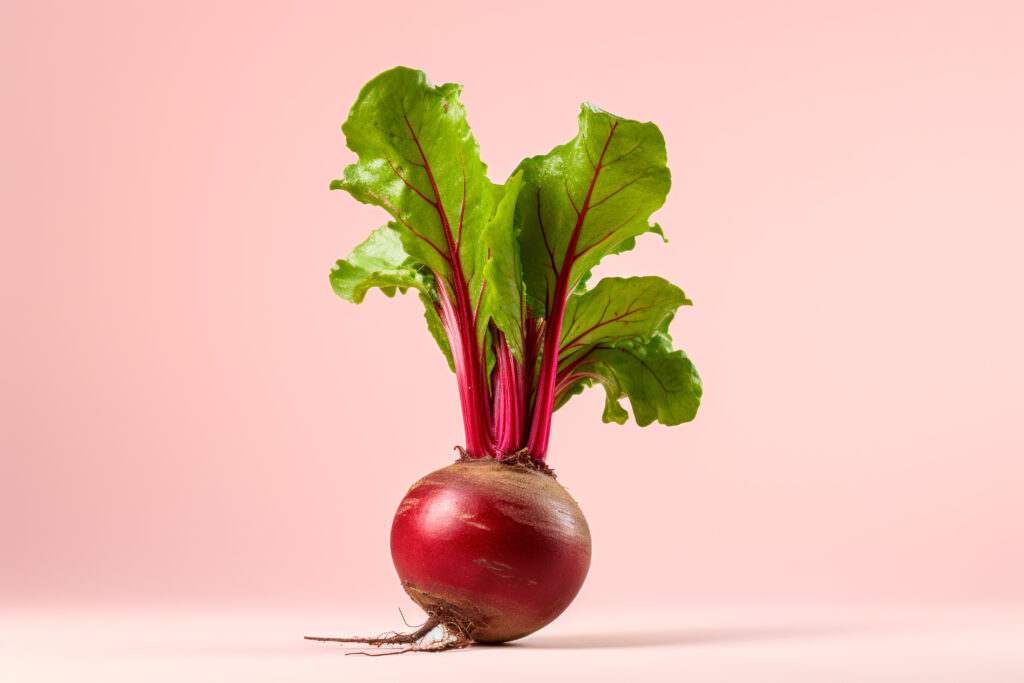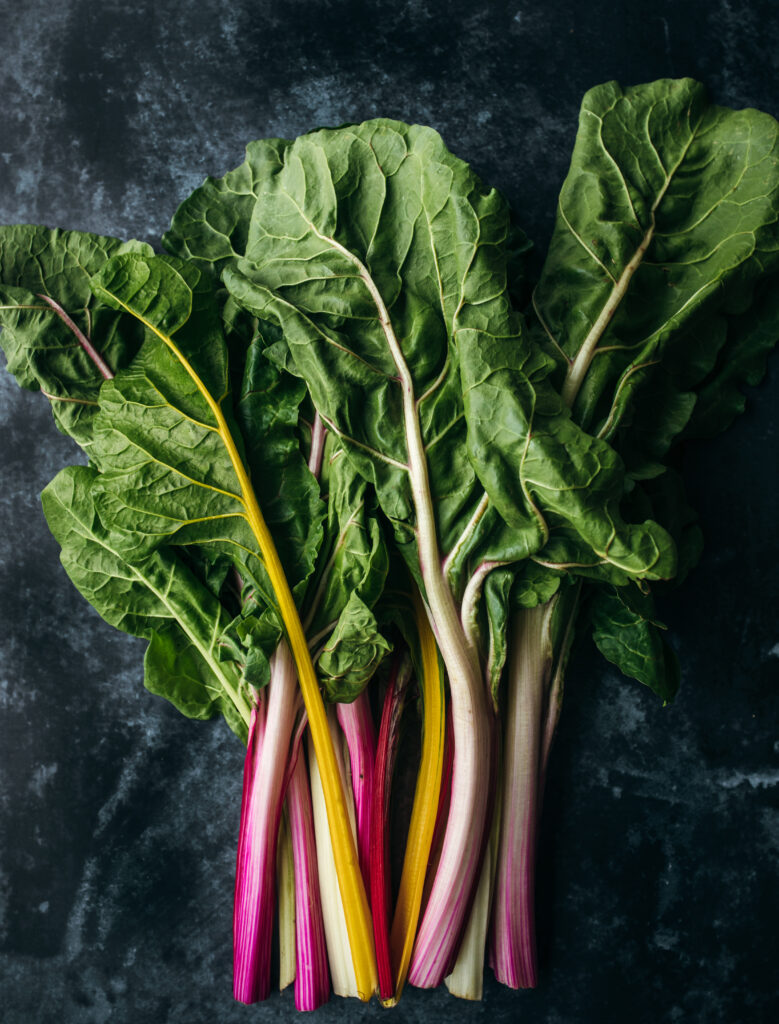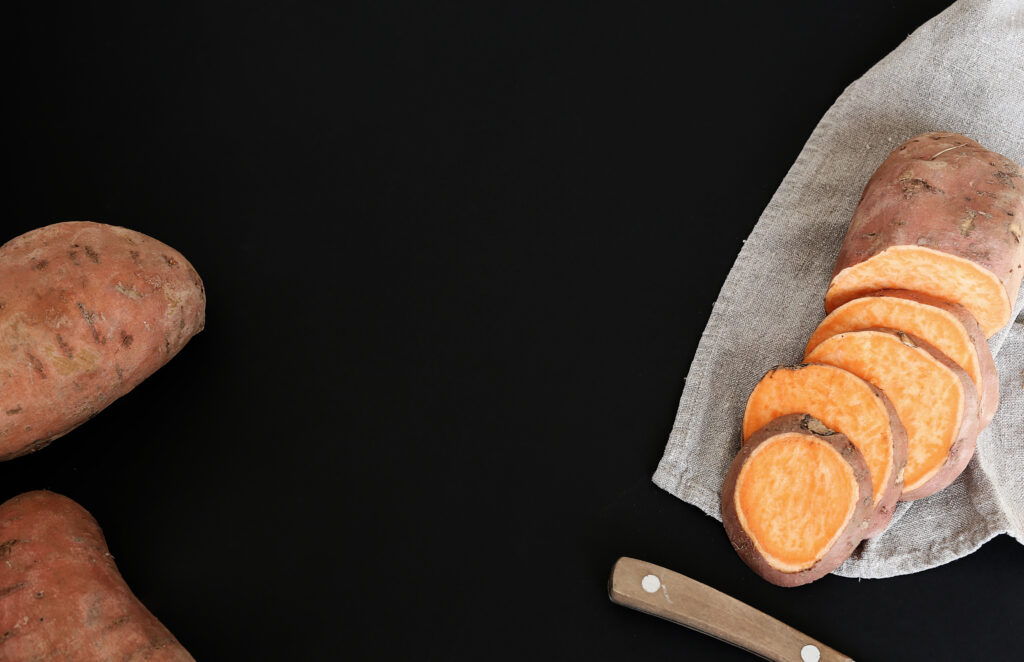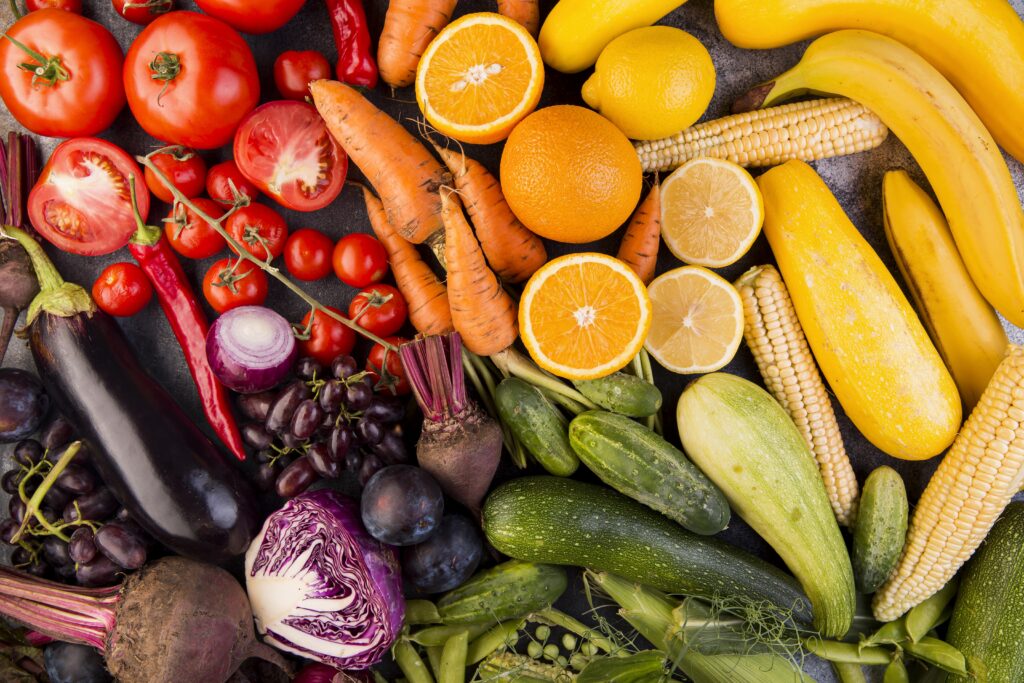
Maintaining optimal kidney health is crucial for overall well-being, and sometimes what we perceive as healthy may not be kidney-friendly. In this article, we’ll take a close look at the Top 5 Vegetables to Avoid for Optimal Kidney Health. Here’s a sneak peek at what we’ll cover:
- 1. Spinach: Why This Leafy Green Can Be Harmful for Kidneys
- 2. Beets: The Surprising Risk They Pose to Kidney Function
- 3. Swiss Chard: A Nutrient-Packed Veggie That May Harm Your Kidneys
- 4. Rhubarb: Why This Tart Vegetable Should Be Limited in Your Diet
- 5. Sweet Potatoes: The Hidden Kidney Health Risks
Understanding how these vegetables impact your kidneys can help you make better food choices and maintain a kidney-friendly diet. Ready to unravel these surprising facts? Let’s dive in!
1. Spinach: Why This Leafy Green Can Be Harmful for Kidneys
Spinach is often hailed as a superfood, rich in iron and vitamins. However, it falls under the category of high oxalate foods. Oxalates can bind with calcium in the kidneys to form kidney stones. If you’re prone to kidney stones or have existing kidney issues, it’s best to limit or avoid spinach in your diet. The potential harm it poses makes it one of the top vegetables to avoid for kidney health.
2. Beets: The Surprising Risk They Pose to Kidney Function
Beets are another example of seemingly healthy vegetables that aren’t so kidney-friendly. While they are packed with nutrients and have numerous health benefits, they are also high in oxalates. Consuming beets can contribute to the formation of kidney stones, leading to complications in kidney function. For a kidney disease diet, beets certainly make the list of foods bad for kidneys.
3. Swiss Chard: A Nutrient-Packed Veggie That May Harm Your Kidneys
Swiss chard is a nutritional powerhouse, but it’s also high in oxalates. This makes it a poor choice for those concerned about kidney health. Like spinach and beets, the oxalates in Swiss chard can promote kidney stone formation. Thus, if you’re looking to follow the best diet for kidney health, avoiding oxalate-rich vegetables like Swiss chard can be a wise decision.
4. Rhubarb: Why This Tart Vegetable Should Be Limited in Your Diet
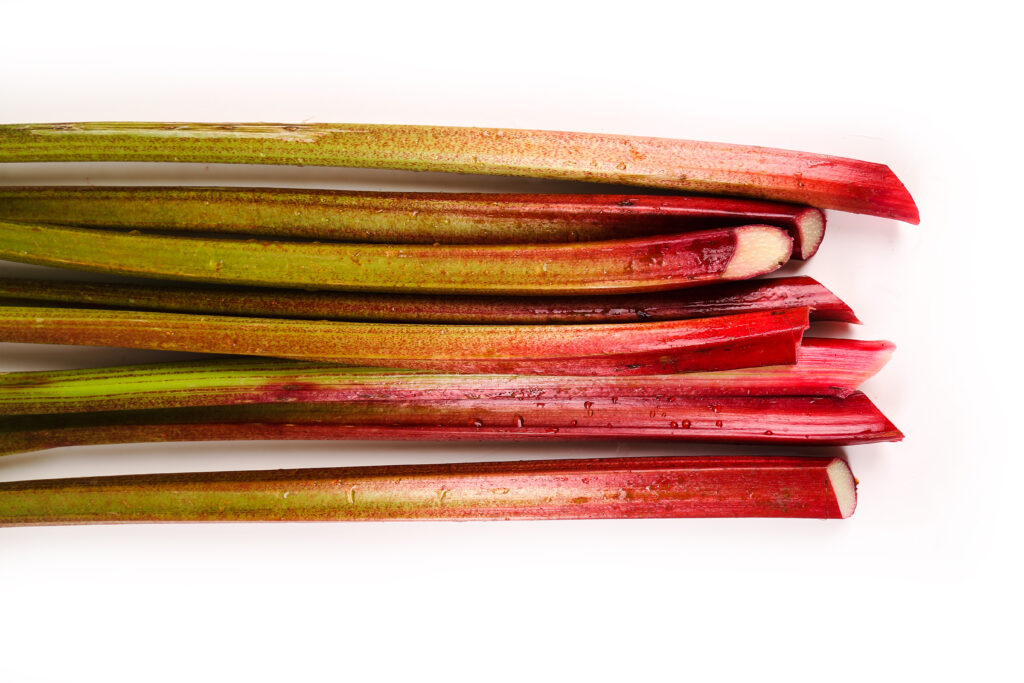
Rhubarb, with its tangy taste, is often used in desserts and savory dishes alike. However, it’s another vegetable high in oxalates. Consuming rhubarb in large amounts can increase your risk of developing kidney stones, making it a significant concern for kidney health. For those focusing on a kidney-friendly diet, it’s essential to limit rhubarb to avoid these potential issues.
5. Sweet Potatoes: The Hidden Kidney Health Risks
Sweet potatoes are loved for their versatility and nutritional benefits, but they are also high in oxalates, which are detrimental to kidney health. Regular consumption can contribute to the formation of kidney stones, bringing unwanted complications. If you’re on a kidney disease diet or need to avoid foods that harm kidneys, keep an eye on your sweet potato intake.
Addressing the Commonality: Vegetables High in Oxalates
It’s clear that one common thread among these vegetables is their high oxalate content. While these veggies offer numerous health benefits, their oxalate levels can be troublesome for kidney health. Incorporating alternatives that are low in oxalates can help you maintain a balanced diet without compromising your kidneys. Reducing your intake of these oxalate-rich vegetables can make a significant difference in preventing kidney-related issues.
While vegetables like spinach, beets, Swiss chard, rhubarb, and sweet potatoes are often celebrated for their nutrient content, they can pose risks to those concerned with kidney health due to their high oxalate levels. Understanding which vegetables to avoid for kidney health is crucial for maintaining a healthy and balanced diet tailored to your needs. Prioritizing a kidney-friendly diet by limiting or avoiding these foods that harm kidneys can help you achieve better long-term wellness. Always consult with a healthcare professional or dietitian to ensure you’re making the best dietary choices for your specific health conditions.
